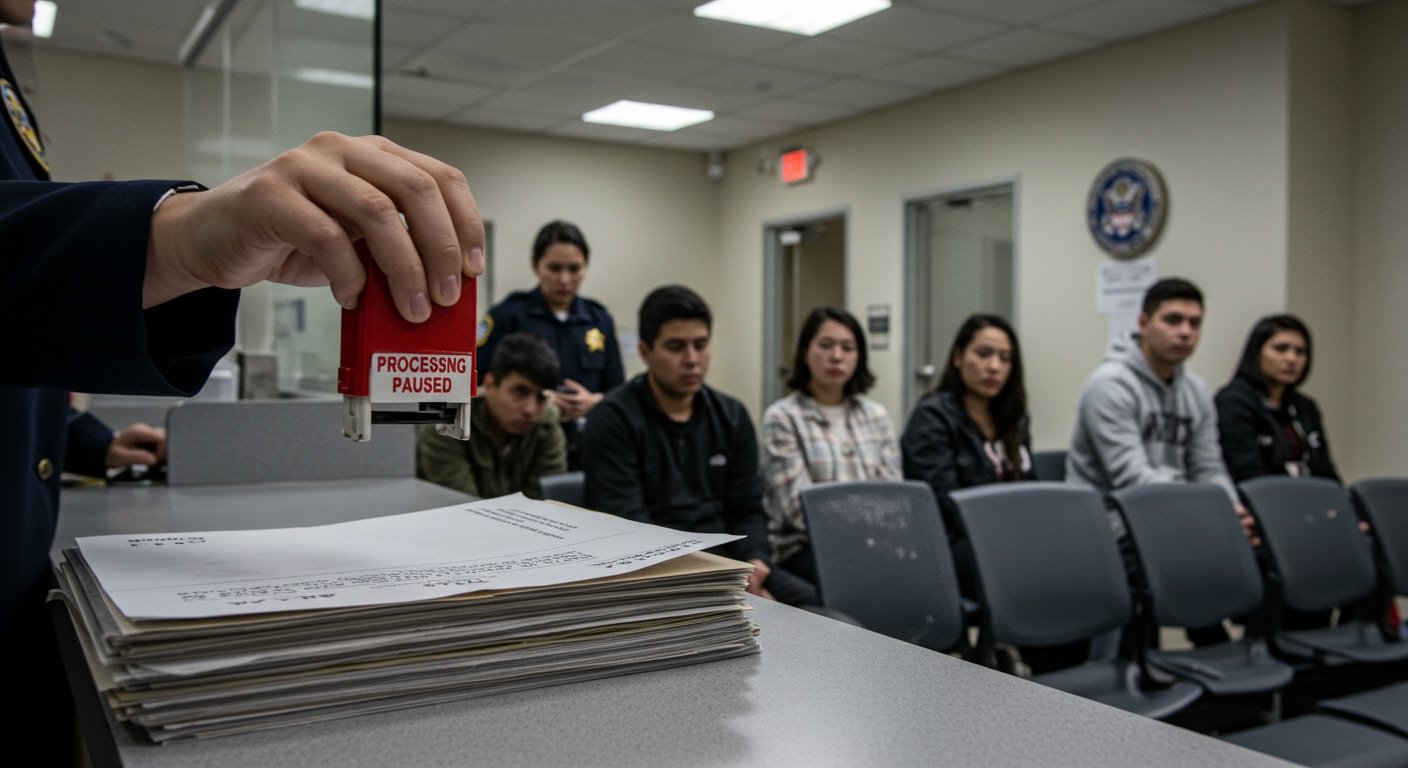In a dramatic turn of events underscoring the complexities and human cost of immigration enforcement, Maryland Senator Chris Van Hollen traveled to El Salvador this week, meeting with Kilmar Abrego Garcia, an individual mistakenly deported despite living in Maryland for nearly 15 years. The meeting, which took place around April 18th, 2025, highlights growing concerns in the U.S. Congress regarding the handling of immigration cases by the executive branch, particularly in the face of escalating legal challenges.
Abrego Garcia’s case has garnered national attention since his deportation, which initially saw him placed in a notorious prison in El Salvador. He has since been moved to a different facility, but his plight remains a focal point for advocates and now, a U.S. Senator. Senator Van Hollen’s visit provides a direct link between Capitol Hill and the reality faced by individuals caught in the crosscurrents of U.S. immigration policy.
The Legal Battle Intensifies
The Senator’s meeting occurred concurrently with significant developments in the legal fight over Abrego Garcia’s future. On Thursday, April 18th, 2025, a federal appeals court delivered a sharp rebuke to the Trump administration. The Fourth Circuit Court rejected the administration’s strenuous attempt to block a lower judge’s order that mandated the government facilitate Abrego Garcia’s return to the United States.
The ruling from the Fourth Circuit is seen as a major blow to the administration’s legal strategy in the case. Judge Harvey Wilkinson, a prominent voice on the Fourth Circuit panel, did not mince words in his assessment of the government’s actions. He described the administration’s conduct in resisting Abrego Garcia’s return as nothing short of “shocking,” a powerful descriptor rarely used in judicial opinions and one that underscores the court’s deep disapproval.
Administration Defiance and Contempt Considerations
Despite the clear directives from the judiciary, the administration’s stance has remained defiant. President Trump has publicly distanced himself from the specifics of the case regarding Abrego Garcia’s return, stating he is “not involved” in the matter and repeatedly deferring questions about the government’s position and actions to Department of Justice (DOJ) lawyers.
This posture of resistance has led to serious consequences. Judge Paula Zenis, the federal judge who initially issued the order for Abrego Garcia’s return, is now actively considering contempt proceedings against Trump administration officials involved in the case. Contempt of court is a grave matter, potentially leading to fines or even imprisonment, and Judge Zenis’s consideration signals the judiciary’s determination to ensure its orders are followed, particularly in cases involving individual liberty and adherence to legal process.
A Life Interrupted
Kilmar Abrego Garcia’s journey took him from living and working in Maryland for nearly 15 years – building a life and community ties – to deportation and detention in El Salvador. His case has become a symbol for critics of the administration’s immigration policies, who argue that the system is failing to distinguish between individuals with long-established ties to the U.S. and those who pose genuine security risks.
Senator Van Hollen’s trip and meeting serve to amplify the human narrative behind the legal and political battle. While details of their conversation were not immediately released, the mere fact of a U.S. Senator traveling internationally to meet with a mistakenly deported constituent underscores the perceived urgency and injustice of the situation. The meeting also sends a clear signal to the executive branch regarding congressional oversight and concern.
What Lies Ahead
The combined weight of a U.S. Senator’s direct intervention, a powerful appeals court ruling, and the threat of contempt proceedings against administration officials creates a unique and high-pressure environment surrounding Abrego Garcia’s case. The federal courts have emphatically stated that the government must facilitate his return, and the Fourth Circuit has now upheld that directive against the administration’s challenge.
As Judge Zenis weighs potential contempt actions and the Department of Justice reviews the Fourth Circuit’s decision, the focus remains on when, and if, Kilmar Abrego Garcia will be allowed to return to the United States to rejoin the life he built in Maryland over nearly 15 years. The outcome of this legal and political standoff will likely set precedents for how future mistaken deportation cases are handled and the extent to which the executive branch is held accountable by the judiciary and Congress.













